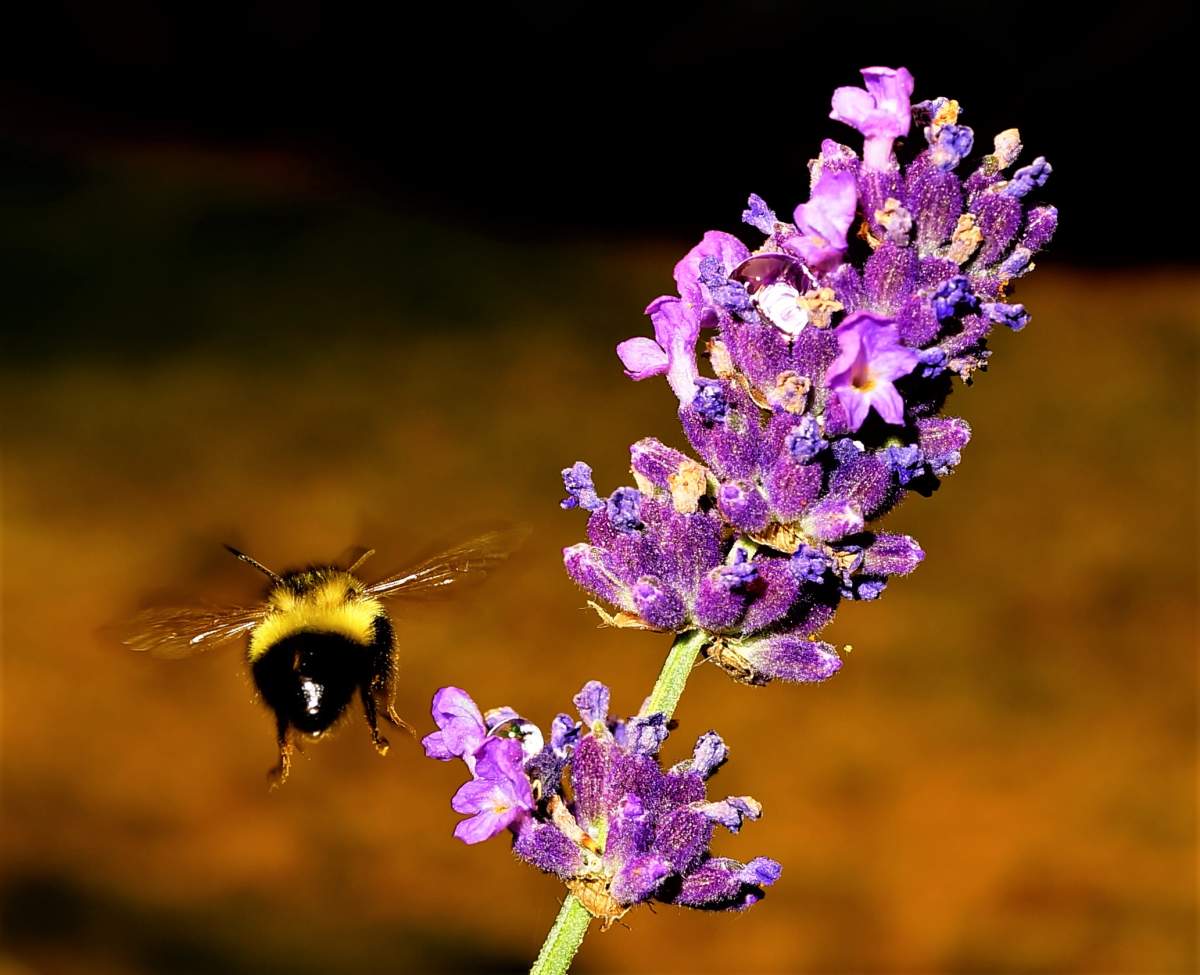Notice anything missing in your garden this summer?

The extreme heat spell Manitoba has experienced has meant struggles for a number of plants, which in turn means struggles for both wild and domestic bees — at a time of year when there’s usually an abundance of the fuzzy insects.
“The problem we’re having right now with the extreme dryness is the plants are going into heat stress,” Ian Steppler of the Manitoba Beekeepers’ Association told 680 CJOB.
“The first thing a plant does when it goes into heat stress is it cuts back on all its expendable energy. The first thing that typically goes is the nectar production.”
Steppler said that while beekeepers can get roughly 10 pounds of honey per acre in an average year, when the plants get stressed and cut back on nectar secretion, that drops the honey production to as little as 30 per cent of what it would normally be.
“The bees will have to work that much harder to bring that much more food back into the colonies,” he said.

Get daily National news
“Not having the availability of the food to come into the nests, be it native pollinators or honeybees, it just dramatically affects the amount they can store for food and develop their nests.”

Unfortunately for both the bees and the honey business, 2021 is turning out to be a potential record-breaker for dry conditions.
According to former Environment Canada meteorologist Robert Paola, the province has seen similar dry spells in past years, but 2021’s hot temperatures in Manitoba have been anything but normal — with Winnipeg not seeing a steady rainfall for a full month.
“Your average for Winnipeg is about 13 days of 30 C or more per year,” he said.
“We’ve already had 16 and we still have the rest of July and August to go through.”









Comments
Want to discuss? Please read our Commenting Policy first.